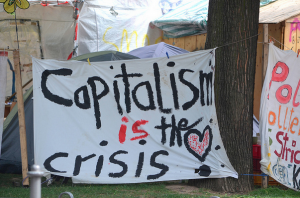Money Bail System Perpetuates America’s Mass Incarceration Problem
By Jared Keller for Pacific Standard Magazine - At this very moment, nearly 450,000 Americans are sitting in county jails not because they’ve been charged with a crime, but because they simply don’t have enough money to post bail. And, according to a new study, America’s money bail system isn’t just unconstitutional—it’s a fundamental engine of injustice in the United States. New data published by Columbia University researchers Arpit Gupta and Christopher Hansman and Ethan Frenchman from the Maryland Office of the Public Defender suggests that the use of money bail by judges to detain suspects ahead of a formal trial may actually be creating more criminals than it punishes.














